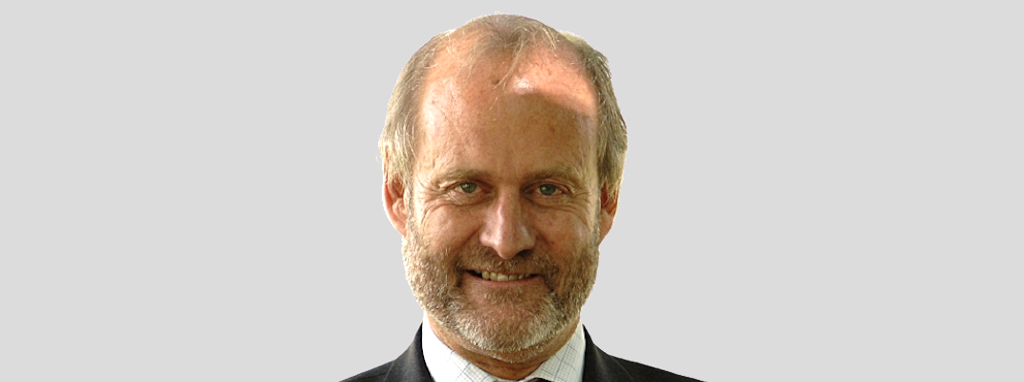Professor Myles Wickstead delivered a truly uplifting lecture on the Sustainable Development Goals (SDGs) attended via zoom by around 60 highly engaged participants. He was able to draw on his wide-ranging and highly successful career as a diplomat with practical experience of international development policy and practice. His commitment to helping achieve a step-change in this critical area of such global importance was self-evident.
He opened by recalling his delight at hearing Christine Lagarde, currently President of the European Central Bank, championing the sustainable goals very strongly in her 2019 Tacitus Lecture for the World Traders.
He then provided background context to the SDG theme, beginning with the impact of the fall of the Berlin Wall in November 1989 which energised the rich developed nations to expand the spirit of democratisation by promoting the importance of “levelling up” with respect to the poorer countries in Eastern and Southern Europe.
The next key milestone occurred in 2000 with the UN “Millennium 2000 development goals” which established a clear focus in three areas: poverty, education and health. but he suggested that the prevailing mindset was still largely a matter of the “rich” nations helping the “poor” nations of the so-called developing world.
However the financial crash of 2008 proved to be a game changer, in that growth was instead coming from China, India and other members of “the developing” world.
At the 2012 UN Conference on Sustainable Development, the UN set in train an ambitious plan for promoting the SDGs world-wide . it was signed by member states at a un summit in September 2015. This plan, called “transforming our world: the 2030 agenda for sustainable development”, set out 17 major areas of focus from poverty and hunger to peace, justice and partnership. These areas of focus were underpinned by 169 targets and 242+ progress indicators. The aim was for all countries to work together to ensure no-one was left behind.
Professor Wickstead helpfully grouped these 17 areas of focus into what he called “the 5p’s: prosperity/people/planet/peace and partnership” the last of which incorporated the private sector with government and society for the first time. Also of key importance was the message that these were now to be universal themes for all countries to voluntarily subscribe to, and action.
Progress thenceforward was good culminating in the 2015 Paris Accords on Climate. but the subsequent election of a US president in 2016 who did not support multi-lateral co-operation and framework agreements has been a major set-back in terms of both achievements and global leadership.
The first “reporting back review” was 4 years later in 2019 – at which time the UK was unfortunately distracted by Brexit, and its contribution focused more on UK aid to other countries than on internal UK initiatives. This approach proved to be fairly typical of other country reports also, albeit significant reductions in absolute global poverty over the preceding 20 years had been a major success. Regrettably the Covid pandemic will prove to have pared back this successful attack on absolute poverty to some extent.
Despite these challenges Professor Wickstead nevertheless encouraged us to be very positive in terms of what can be achieved in the current decade. He was confident that the new US administration will make a huge difference by re-energising global co-operation and restoring its reputation for delivering action-based leadership.
But as a corollary he added a “6th p”, Political will and warned that, without this kind of political will by governments worldwide, the opportunities to hit our sustainable development goals would be lost – particularly climate change where the world was running out of time. He was optimistic that the UK would become a leader again on the SDGs and demonstrate this at this year’s Cop 26 conference on climate change in Glasgow in November for which the UK will hold the chair.
On balance Professor Wickstead believed that China too would be a positive contributor – but in its own way and its own time.
A range of excellent questions (and excellent answers) included the role of employers and shareholders, the challenge of population growth and corruption, and the need for “charity to begin at home”.
The Master expressed our thanks to Professor Wickstead for providing such an informed and very positive “framework of optimism” and exhorted all attendees “to spread the word”.

